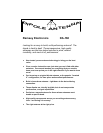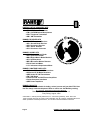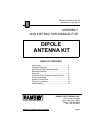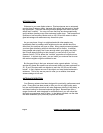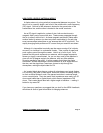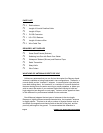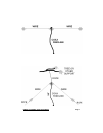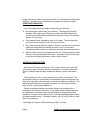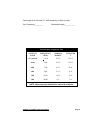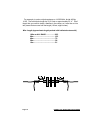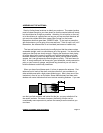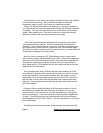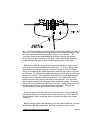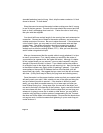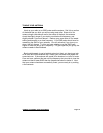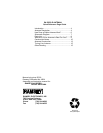
RAMSEY DA SERIES DIPOLE ANTENNA Page 11
ASSEMBLING THE ANTENNA
Start by finding three locations to attach your antenna. The center location
must be close enough to your ham shack so that the coaxial cable will reach,
but should also be as high as possible. Attaching it to a location on the roof,
or to the chimney is a great place, as long as you are sure that the wires will
not come into contact with trees, power lines (cringe!) or the house.
Remember what that great ham, W2BOZO said, “If you touch a powerline
with that antenna, you’re going to be one sad ham.” Kind of says is all, huh?
Remember, the antenna wire is not insulated (and does not need to be).
The two end locations should also be sufficient so that the antenna stays
somewhat straight, and is a safe distance off of the ground. You should also
make sure that they are sturdy enough. Ripping the aluminum drain piping
off of the side of your house, or pulling your favorite night table out of your
bedroom window by one of the legs not only earns you bad points with the
spouse, but it can get expensive and dangerous quickly. The best items for
this? A sturdy metal pole, tall fence pole, good sized tree, sturdy connection
point on your house or garage, and almost any place that you can trust to
hold the antenna under windy conditions.
When you have found these spots, it is time to prepare the antenna. First,
take one end of each of the wires, and place them on your workbench, or
other suitable area with a high power soldering gun. Next, place one of the
insulators in front of you on the table. Some manufacturers and ham radio
dealers sell center insulators that have various mounting features. If you see
one that you feel would be well suited for this job, you may substitute it for
the center insulator. Be aware, however, that many of them can be
considerably more expensive to perform the same job as the one that you
now have.



